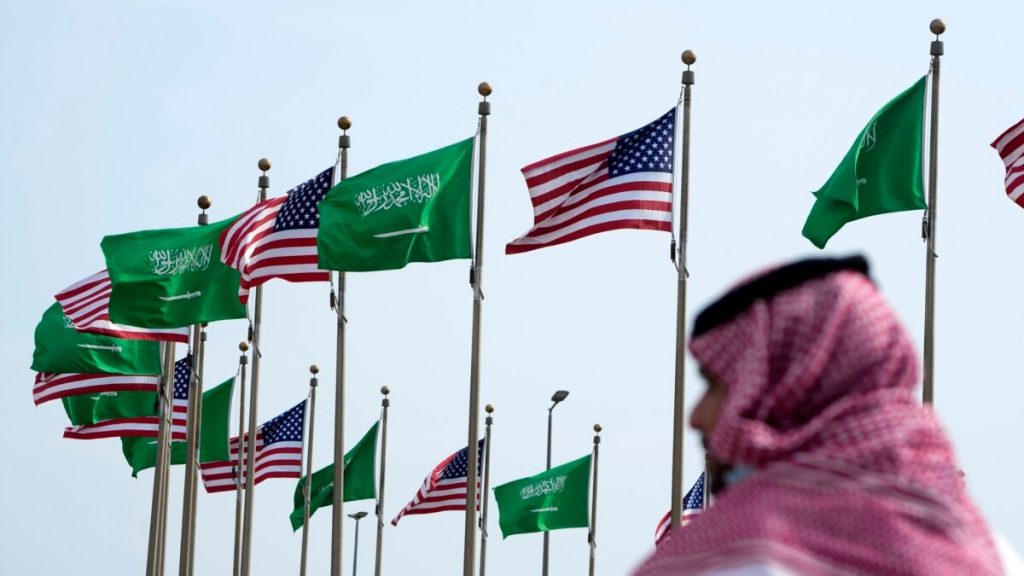The new BRICS member, Saudi Arabia, is discussing various options to settle oil payments in local currency with India. Both Saudi Arabia and India have initiated the process and will decide on a new form of payment other than the US dollar. Just recently, India settled an oil trade with the UAE by paying in rupees and not the US dollar. BRICS members are now ditching the US dollar for oil trade by putting forward their local currencies.
Also Read: U.S. Has More Gold in Reserves Than All of BRICS Combined
If oil trade among the BRICS nations in local currencies grows, the bloc could soon flex its arms and ask other countries to settle trade in native currencies. The development puts the US dollar on the back foot as demand for the USD will gradually decline over time.
So what could happen if BRICS member Saudi Arabia asks the US to pay in local currencies for oil? In this article, we will highlight the implications the geopolitical and financial worlds would face if Saudi Arabia demanded the US pay in their local currencies for oil settlement.
Also Read: U.S. & European Union React to BRICS Expansion
What Happens if Saudi Arabia Demands the US To Pay For Oil in Local Currency?


First and foremost, the markets could react strongly if Saudi Arabia asks the US to pay in Riyals for oil procurement. If Saudi Arabia demands payment in their local currency, other oil-producing nations might consider similar actions against the US. This could encourage the development of alternative trading mechanisms and the use of local currencies for international oil trade.
Secondly, accepting Riyal currency for oil will be a paradigm shift in geopolitics, leading to broader implications in the foreign exchange markets. The existing currency exchange rate dynamics will experience a never-seen-before shift in market trade, leading to extreme price volatility. Therefore, the exchange rates could hurt the American economy as procuring oil will impact the overall costs to the US.
Also Read: BRICS: China’s Economy Echoing 2008 Financial Crisis of the U.S.


In conclusion, trade deals with the Middle East will have to be rewritten, leading to a major shift in multilateral ties. Countries like China and Russia have routinely expressed their interest in reducing their dependency on the US dollar for global trade. The move could embolden developing countries and boost their narrative on the international stage. The development could attract many more countries to follow BRICS and not the traditional Western financial sector.





